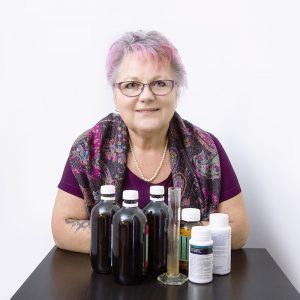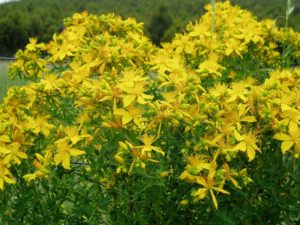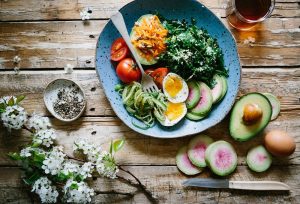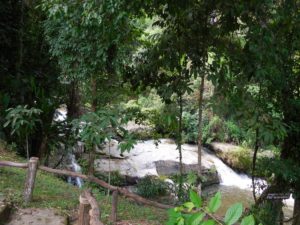
The current Covid19 crisis has had no regulatory impact on my naturopathy practice. Having said that, I understand that some patients may be reluctant to come onto the clinic for face to face appointments. To support these patients I am offering TeleHealth appointments.
This means that instead of seeing me in person, your consultation will be via the internet. I can assure you that the TeleHealth system I use is safe and secure.
Booking a TeleHealth Appointment
You can book your TeleHealth appointment at https://entirephysio.com.au/entire-physio-booking-page/
Scroll down and choose a Telehealth option for a consultation.
If you prefer, you can telephone Entire Physio on 6299 5183.
.
What Patients Need for TeleHealth
To participate in a TeleHealth appointment you will need to have a stable internet connection and a device that supports video and audio. Most computers, laptops, tablets and mobile phones will support audio and visual function. Make sure this function is turned on for your device.
Prior to your appointment you will be sent a link to your TeleHealth appointment in either your appointment confirmation email or reminder, and that will open up your video session with me.
Dispensing Herbs and Supplements
I will be dispensing herbs and supplements via the online dispensary vital.ly. Once I have added your prescription to vital.ly, you wil receive an email giving you access to the site. You wil then be ale to order your herbs and supplements, and choose the delivery method. Your herbs and supplements will be delivered to your door.
Face to face consultations will be available at my Queanbeyan clinic only due to travel retrictions between NSW and the ACT.



